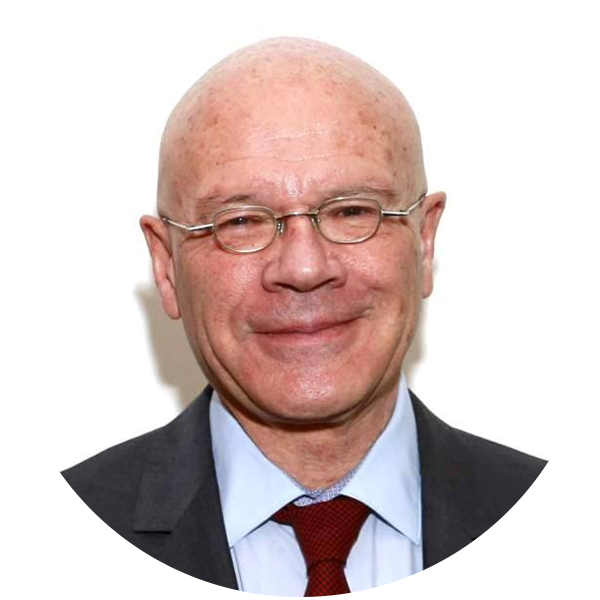
Illustration: Peter C. Espina/GT
The forthcoming Group of 20 (G20) summit comes at an appropriate moment in the evolution of China's own relationship with the global economy and its governance.
China's formal entry into the global economy was marked by its admission to the WTO in 2001. For more than a decade after, with economic growth averaging around 10 percent, trade expanding to where China became the world's biggest trading nation and overseas investment growing rapidly, China chose to take a back seat while learning the ropes of its newly acquired status. During this period, China played a relatively passive role. As a result, it was frequently criticized by the US for being a free rider: enjoying the benefits of globalization without contributing.
But over the last two years, China has shifted from a passive to a proactive role. The country is increasingly becoming a maker and shaper of globalization. The two most obvious examples of China's new role are the formation of the Asian Infrastructure Investment Bank (AIIB) and the Belt and Road initiative.
The biggest problem that China will face as the host and chair of the G20 summit is that while its global reach is extending and intensifying, growth in international trade and investment has been declining. More serious, there are increasing signs in the West of a popular revolt against globalization. The two most dramatic illustrations of this are the rise of Donald Trump and the Brexit vote in the UK.
These trends cannot be brushed aside because they enjoy a deep groundswell of popular support. The problem is not globalization per se but the type of globalization that has been pursued; namely, that large sections of the population in the US and Europe have not benefited, while a wealthy minority have, thereby exacerbating inequality and breeding resentment.
The topics chosen for the summit are highly relevant. "Breaking a new path for growth" is the key problem facing the global economy as growth slows. The most dramatic illustration of this can be found in Europe and the US. The West has never recovered from the 2008 financial crisis and shows no signs of doing so. Policy response has been grossly inadequate in both the US and Europe where monetary policy and quantitative easing have failed to revive growth.
The Western financial crisis marked the end of the era of globalization that began around 1980 and ushered in a new period of extremely low Western growth.
The importance of China is that, by global standards, it is still growing very rapidly and remains strongly committed to the importance of globalization and interdependence. It is in a powerful position to offer a different model for the future based on growth, cooperation and a new kind of globalization.
There has been a dramatic shift in the center of gravity of the global economy. In the mid-70s the developed world accounted for two-thirds of global GDP, by 2030 it is projected that figure will be more like one-third. Yet the formal global economic governance structure has changed relatively little during recent decades.
The two most significant developments have been the de facto replacement of the Group of 7 by the G20 and changes in the voting system at the IMF and World Bank. At an informal level there have been far more dramatic changes, notably the formation of the AIIB and the New Development Bank, and the rise of the yuan as an international currency. The Belt and Road initiative too will prefigure new bilateral and multilateral governance models. These changes are the embryo of a new global economic governance structure.
Of course, governance is about power. The problem with the present structure is that it no longer reflects the distribution of economic power in the world. A major consequence of this is that the IMF and the World Bank no longer have the kind of resources - dependent as they are on Western countries and Japan - that are required to fund a much larger global economy, which is increasingly concentrated in the developing world. An obvious role for the World Bank would have been the funding of infrastructural development in Asia. But because it is a Western institution, it has neither the resources nor the political will and priority to do this.
Given the state of the West it is difficult to see any major breakthroughs taking place at the G20. Given that China is by far the most positive development in the global economy and that China lies at the heart of the future of the global economy and its governance, the Hangzhou summit is a historic moment. If China could offer new imaginative proposals at the summit, it could make it a very memorable occasion indeed.
The author is a senior fellow at the Department of Politics and International Studies, Cambridge University. bizopinion@globaltimes.com.cn

